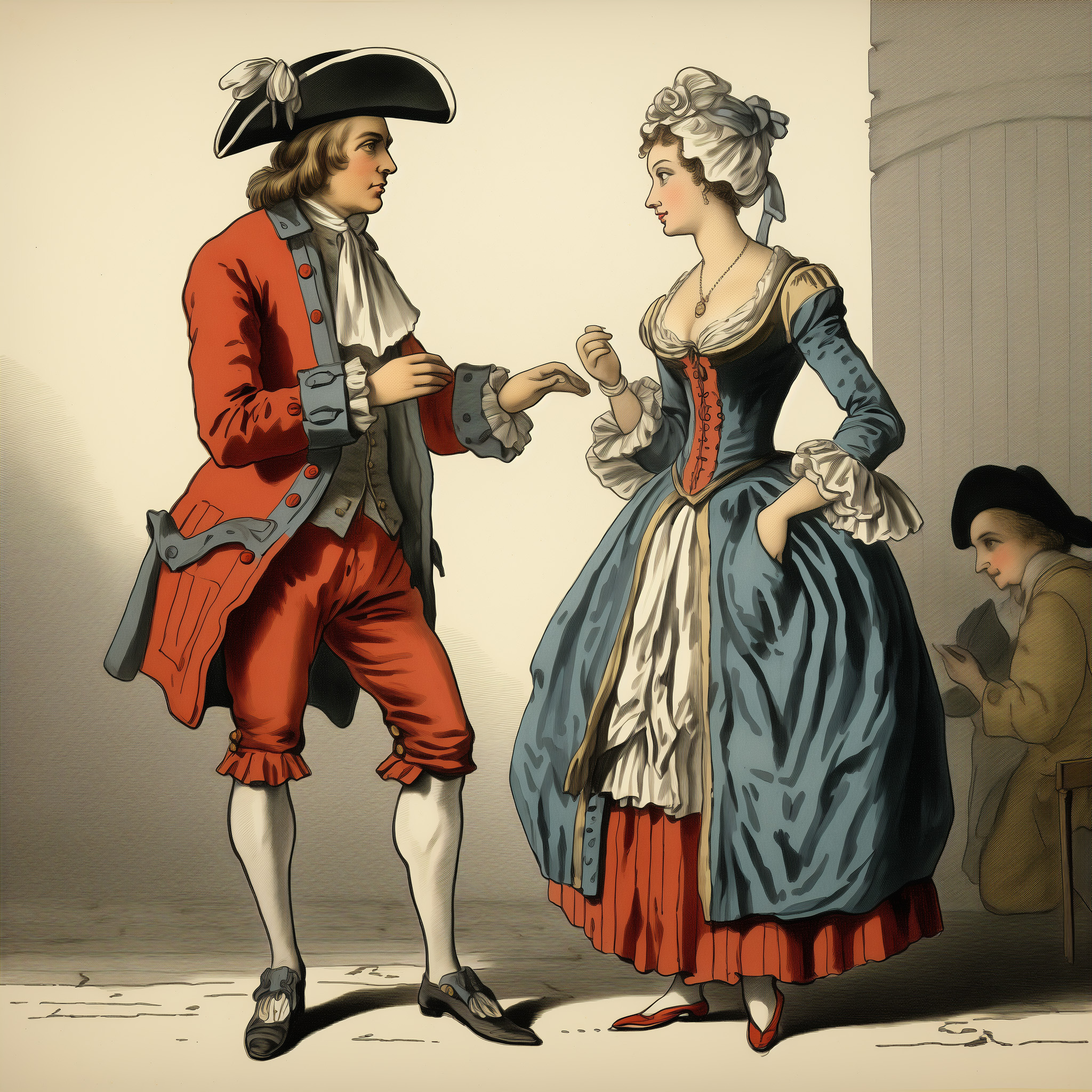
Gothic Ravages
Leave your thoughtsThe View from Philadelphia March 4, 1777
Devastation Unknown to Civilized Nations: Feb 25, 1777. New Jersey Governor William Livingston laments the barbarous ravages of British troops in his state but thanks God for the heroic victories of General Washington. The horrible conduct of the British, however, has made it easier to distinguish local friends from foes. Tories have not been spared. Women have been raped, churches desecrated, prisoners starved, and the dead refused burial. Still, American loyalists give aid to these beasts, and Livingston wonders how they could possibly benefit even if Britain prevails, given the unparalleled avarice of their army. Livingston believes loyalists will live out their days in shame and remorse. Britain may be powerful, but she suffers from enormous debt and an addiction to luxury. She is “immersed in pleasure” and has lost her trade with America. Even her king appears confused and contradicts himself. “With troops invincible, he dreads a defeat.” Conversely, the “hearty sons of America” endure heat and cold and love liberty; they are willing to face death. America has robust soil and is saving money not trading resources with Britain for “worthless baubles and finery of English manufacture.” The Americans, moreover, have the “blessings of heaven” on their side. The English Constitution has no virtue with bad administration. Parliament and the crown have created a class of pensioners and officers to eat up the public wealth and enslave themselves to royal patronage. Offers of pardons are lies: Instead of diplomats, the British have sent armies who spare lives to steal property. The offenses are so great no one can question the righteousness of the American cause, or the likelihood of heaven’s blessings.
Keepers of the Peace: A freeholder of Pennsylvania urges his countrymen to consider the qualifications for a “justice of the peace,” as they are about to be elected in a new free state. It is an ancient English office going back to Edward III, with broad powers of jurisdiction over “assaults and batteries, libels, barretry, (sic) common night walking, and haunting of baudy houses.” The qualifications include good character, education, and impartiality. If a justice of the peace is partial to friends, “how precarious our property! how defenceless (sic) our persons!” Lastly, a justice of the peace must have resolution and intrepidity. “A man of resolution will spring into action, and check the torrent of vice and licentiousness, in defiance of reproach and infamy.”
News from Baltimore: February 25, 1777. A list of gentlemen elevated to Major General and Brigadier General. The correspondent seems to be reporting about embarrassed Tories who abandoned the “spade and the hoe” to fight against their countrymen. British colors have been lowered and American general Smallwood is dispensing pardons to the wayward.
Putrid Fever: Philadelphia, March 4. The disease (typhus) has taken Dr. John Miller, 23 years old. Dr. Miller, though of small stature, served the army with distinction and was rushing home to see his parents when the disease took him violently, and quickly. His friends are aware that false praise often attends last remembrances, but John appears to have deserved the love of those he left behind. On his death bed, surrounded by weeping friends, he urged them not to tell his parents until the thing was finished, as he didn’t want them to suffer witnessing his “painful combat.” He was attentive to soldiers, and a “genius” at argument and conversation. We lose the first and best fruit, which is spared the hardship of the season.
News from the Raritan River: February 26, 1777. An American force of 1,000 men, under General Maxwell, was attacked by four times their number and then beat them back with losses less than the enemy.
Franklin Safe: Benjamin Franklin is reported safely arrived in France, having traveled onboard the ship Reprisal, which took prizes along the way.
Red Coat Counterfeit: The public is cautioned not to take Bills of Credit from New Jersey dated March 1776, as the British appear to have taken possession of a large stock, with only two signatures. Three signatures are required for them to be valid.
Public Auction: 427 acre Jersey farm with good frame house, well, a barn that is 50′ by 50′ and a “cyder house.”
To be Sold: A Philadelphia 3 story brick house, Wool Cards, “a parcel of pepper, race ginger, whale oil, country rum, a few bags of cotton..flour,” (some ‘languishing’ too long but good for horse feed), a plantation in Londonderry with good apple trees, a plantation in Hacket’s Town that has been used as a public house, located in fine wheat country, with mills.
Nathan Scudder Gratitude: Scudder thanks Major John Davis of the Cumberland County Militia for marching militia troops, without provision, into a land full of Tories and comporting themselves well.
Rewards to locate a horse thief, (a “hay mare” was stolen with saddle), Also an Irish run-away, 35 year old Thomas Robinson, who is bald and a great drunkard, speaks with his “native brogue,” also William Cox, a 25 year old Englishman, speaks like the Dutch.
Sugar Plumbs To Battle Worms: “Dr. Ryan” sings the praises of sugar plumbs for destroying intestinal worms and fighting “clammy humours.” Useful for “gross bodied” children to reduce fat and stomach bloating. Cures everything from headaches to bad complexion and female problems from age “fourteen to twenty years” and also “forty to sixty.” Each box contains one dozen of these plumbs, price ten shillings with printed directions. How to diagnose worms: itching of the nose, hollowness of the eyes, grating of teeth during sleep, thick white urine, frightful dreams, extreme thirst, stinking breath..
Tags: March 1777, Philadelphia
Categorised in: Distilled Spirits, Farm Journal
This post was written by Jim Riley
